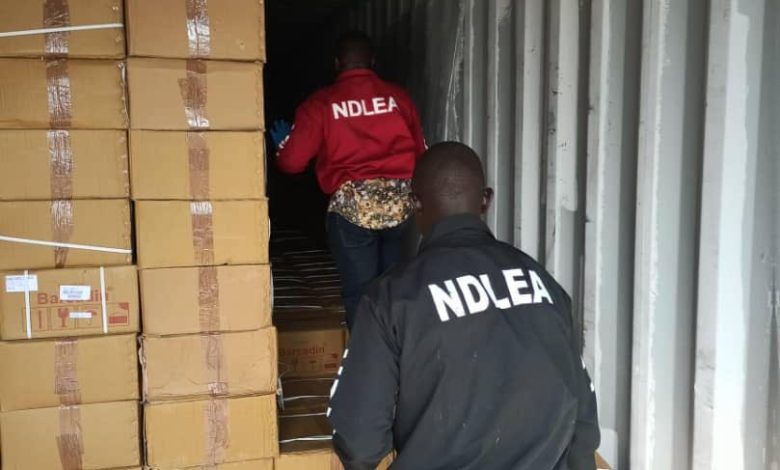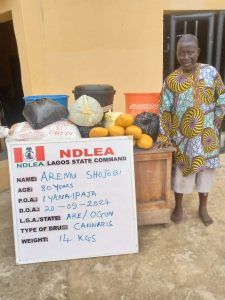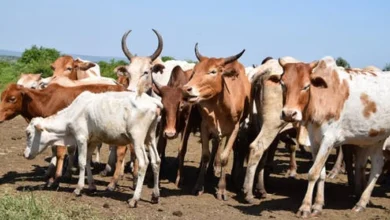
Operatives from the National Drug Law Enforcement Agency (NDLEA) have made significant drug seizures at the Tincan port complex in Lagos, confiscating 25 million pills of tapentadol an opioid three times more potent than tramadol along with 350,000 bottles of codeine-based syrup.
These operations took place on September 17 and September 20, 2024, following intelligence that had flagged three containers for close inspection. The NDLEA coordinated with the Nigeria Customs Service and other security agencies for a thorough examination.

The seized tapentadol has an estimated street value of N13.725 billion, while the codeine syrup is valued at N2.45 billion, bringing the total haul to N16.175 billion.
On September 17, the tapentadol was found in one container, while another contained 175,000 bottles of Barcadin cough syrup with codeine. A subsequent inspection revealed an additional 175,000 bottles of CSC cough syrup with codeine.
In a separate incident, NDLEA operatives arrested 80-year-old Pa Aremu Shojobi in Iyana Ipaja, Lagos, with 14 kilograms of cannabis. The elderly man claimed he had been involved in drug dealing for 25 years, sourcing his supplies from Benin Republic.

Additionally, NDLEA operatives raided the homes of Alhaji Bashir Mohammed Talba, a community leader, where they recovered 226 kg of cannabis. Although Talba is currently at large, his family members were found in possession of the drugs.


In other operations across Nigeria, officers intercepted a Mitsubishi van containing 390 kg of Arizona strain cannabis and arrested a suspect attempting to smuggle cocaine through the Mallam Aminu Kano International Airport.
Kogi State authorities also seized 700,000 pills of exol-5, while more cannabis was discovered in Plateau and Kwara States.

NDLEA Chairman Brig. Gen. Mohamed Buba Marwa (Rtd) praised the efforts of the agency’s operatives, highlighting their commitment to combating drug abuse through both supply reduction and public awareness campaigns.





